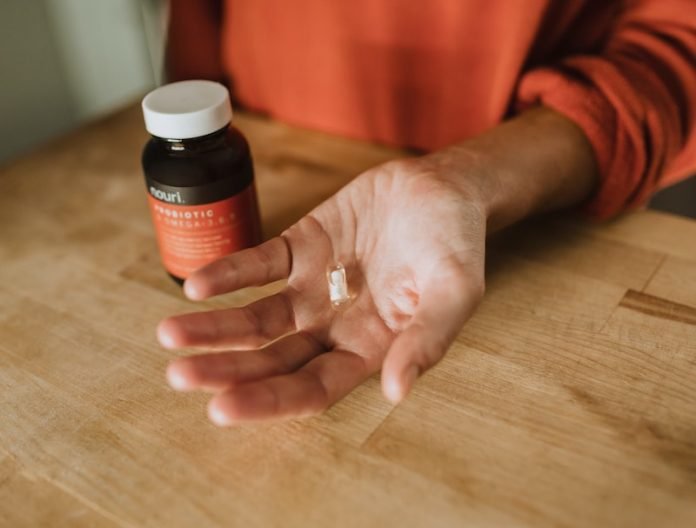
In a recent study at the University of Minnesota, researchers found at high doses, the popular vitamin biotin supplement could mask heart trouble by interfering with some vital medical tests.
There is no issue with the lower doses found in multivitamins.
But high doses of vitamin biotin can cause falsely low results in a blood test that measures the protein troponin—which is used to help diagnose heart attacks.
The study is published in the Journal of the American Medical Association. One author is Danni Li, an associate professor of laboratory medicine and pathology.
More and more older people are turning to the vitamin biotin to fortify their aging skin, hair, and nails. It hasn’t been clear, though, how popular high-dose biotin use is.
In the study, the team analyzed data from a long-running U.S. health survey.
They found that high-dose biotin supplements have risen from obscurity to become notably more popular in recent years.
By 2016, about 3% of U.S. adults were using them. That was up from 0.1% in 1999 to 2000.
High-dose biotin was defined as 1 milligram (mg) per day or more, which is many times greater than the recommended dietary intake of 30 micrograms a day.
The team says women were much more likely to use the supplements. Among women aged 60 and older, over 7% took at least 1 mg per day, while another 2% used doses of 5 mg or more.
That’s concerning because older adults are at increased risk of a heart attack, particularly if they have conditions like high blood pressure or diabetes.
For people with risk factors for heart attack, it’s best to avoid large doses of biotin.
The team says ER doctors should be aware of the potential for biotin interference, and ask patients with possible heart attack symptoms about any supplement use.
Copyright © 2020 Knowridge Science Report. All rights reserved.



